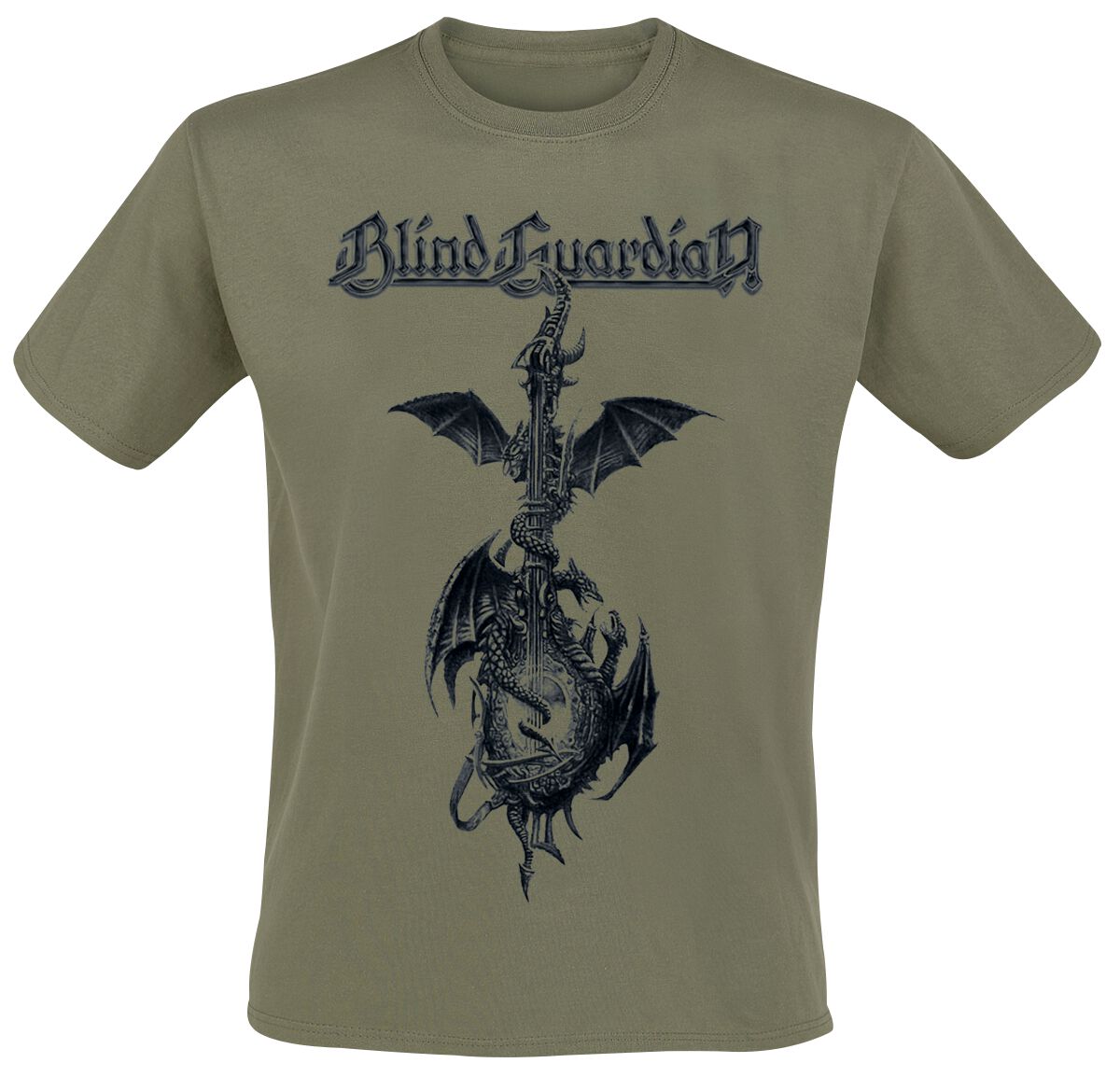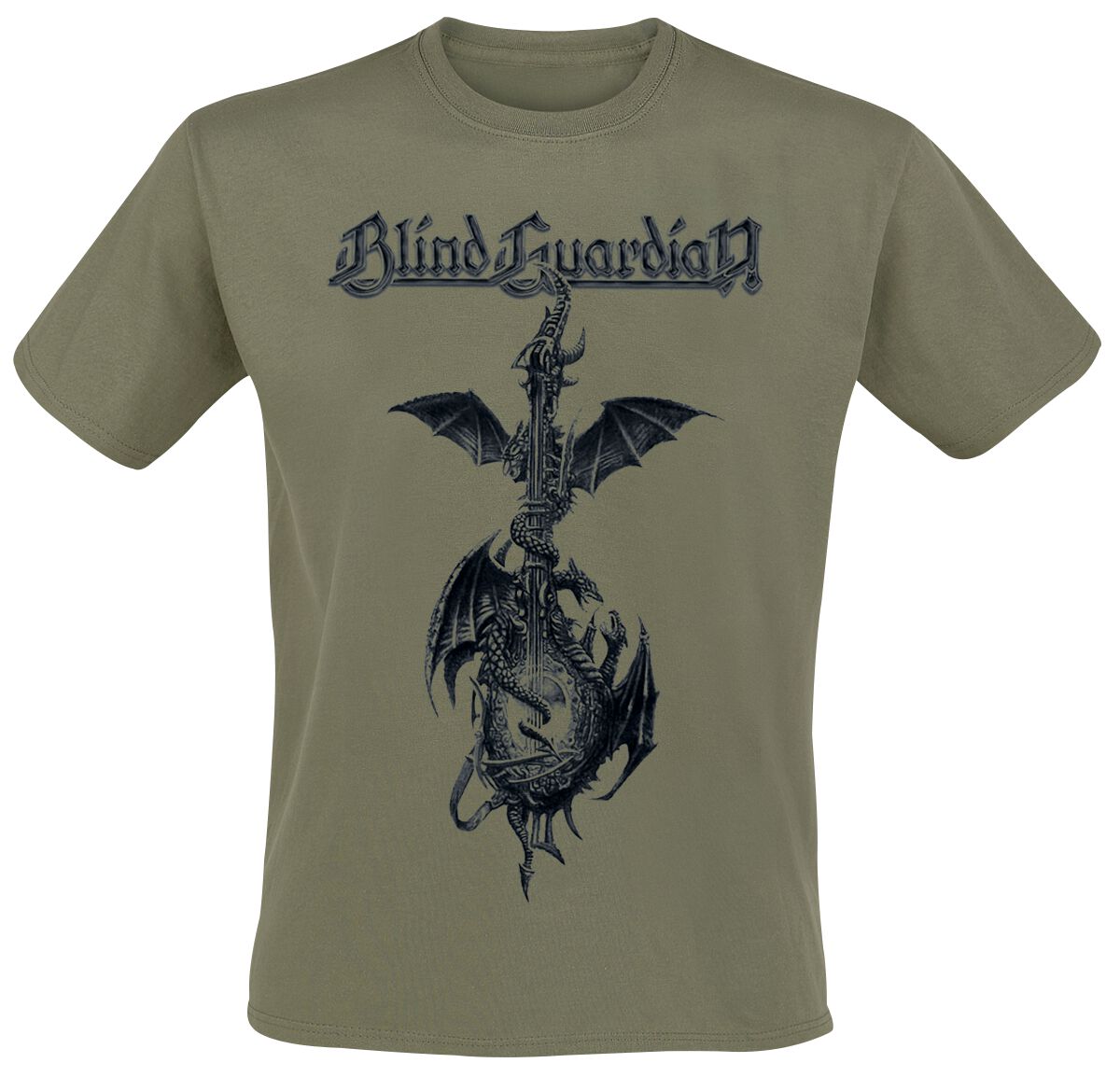For over four decades, Blind Guardian has stood as an undisputed titan in the realm of power metal, captivating audiences worldwide with their epic storytelling, intricate musicality, and a devotion to fantasy lore that is second to none. Hailing from Krefeld, Germany, this legendary band has not only influenced countless acts but has also cultivated one of the most passionate and dedicated fanbases in heavy music, affectionately known as the “Bards.”
The genesis of Blind Guardian dates back to 1984, when vocalist Hansi Kürsch and guitarist André Olbrich formed the band under the moniker Lucifer’s Heritage. They released a couple of demos before changing their name to Blind Guardian in 1987, a move inspired by the Fates Warning album “Awaken the Guardian” and a desire to distance themselves from any misinterpretations of their lyrical themes. The lineup that would define their classic sound solidified with the addition of rhythm guitarist Marcus Siepen and drummer Thomen Stauch. While Stauch departed in 2005 and was replaced by Frederik Ehmke, the core trio of Kürsch, Olbrich, and Siepen has remained a constant, demonstrating an incredible longevity and shared artistic vision.
Blind Guardian’s early material, particularly their 1988 debut “Battalions of Fear” and 1989’s “Follow the Blind,” showcased a raw, speed metal influence, often drawing comparisons to early Helloween. However, it was with albums like “Tales from the Twilight World” (1990) and the breakthrough “Somewhere Far Beyond” (1992) that their signature blend of soaring melodies, multi-layered vocals, and a burgeoning symphonic metal sensibility began to truly emerge. This evolution culminated in masterpieces like “Imaginations from the Other Side” (1995) and the universally acclaimed “Nightfall in Middle-Earth” (1998), a conceptual magnum opus based entirely on J.R.R. Tolkien’s The Silmarillion.
An interesting fact about the band is Hansi Kürsch’s decision in 1996 to step down from playing bass during live performances to focus entirely on his incredible vocal delivery and captivating stage presence. Various session musicians have filled the bass role since then, with Barend Courbois currently handling touring duties. Another notable point is their orchestral album, “Legacy of the Dark Lands” (2019), released under the moniker Blind Guardian Twilight Orchestra. This ambitious project, two decades in the making, featured no guitars or drums, showcasing the band’s willingness to push creative boundaries and explore their symphonic inclinations to their fullest extent.
Beyond their studio output, Blind Guardian are renowned for their live performances, which are immersive, powerful, and often feel like a communal gathering of fellow fantasy enthusiasts. Their live shows are a must-see for any heavy metal fan, known for Hansi’s dynamic interactions with the crowd and the sheer technical prowess of the entire band.
Looking ahead, Blind Guardian remains incredibly active. They are currently embarking on a substantial North American tour in Fall 2025, celebrating their classic album “Somewhere Far Beyond.” This follows a busy schedule of European festival appearances throughout summer 2025. Fans are also eagerly anticipating news of their upcoming 13th studio album, with discussions and expectations around its release for 2025. With their latest single, “The God Machine,” having received critical acclaim and their ongoing commitment to crafting intricate, powerful metal, Blind Guardian continues to solidify their position as true legends of the power metal scene, inspiring new generations of fantasy metal enthusiasts.








